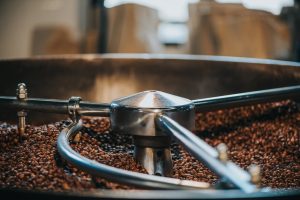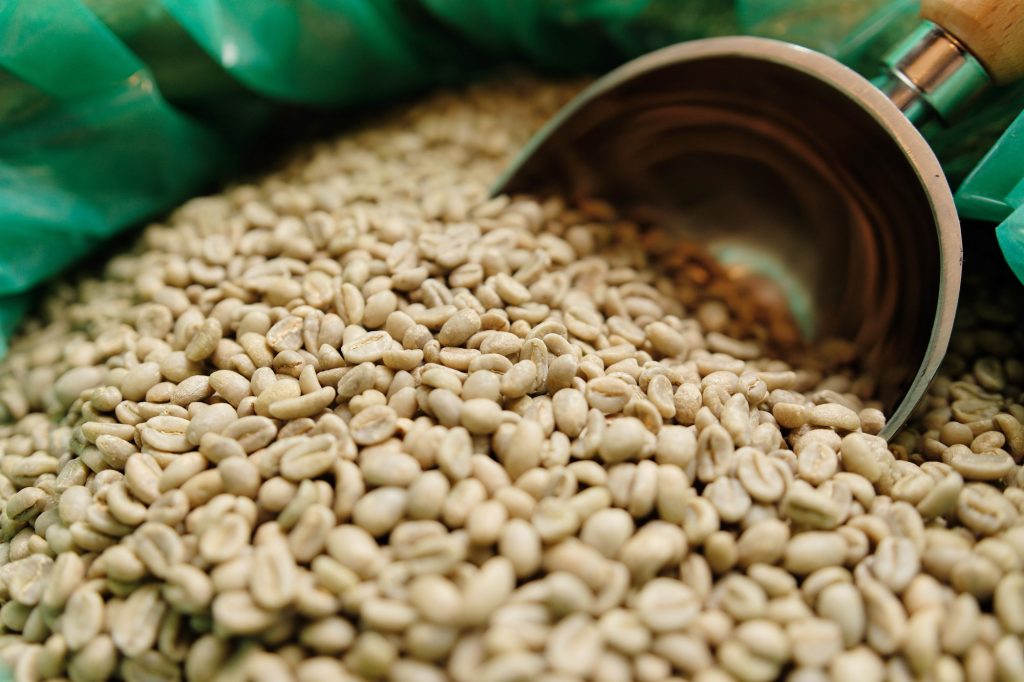
Coffee is more than just a morning ritual or a quick pick-me-up. For millions worldwide, it’s a livelihood—a crop that fuels industries, provides jobs, and brings people together. However, the global coffee trade has its challenges—issues like exploitation, environmental strain, and unsustainable practices can cast a dark shadow over what should be a cup of joy.
Enter ethical coffee sourcing. For eco-conscious consumers, coffee enthusiasts, and advocates of sustainable living, ethical sourcing offers a way to ensure that the coffee you enjoy contributes to a fairer, more environmentally friendly world.
What Is Ethical Coffee Sourcing?
Ethical coffee sourcing ensures that coffee beans are grown, harvested, and traded in ways that are fair to farmers, respectful to local communities, and sustainable for the environment. It focuses on principles like fair trade, living wages, environmentally sustainable practices, and community support.
This is not just about covering the basics. Ethical sourcing is about enriching the lives of the people behind your coffee and protecting the planet while maintaining transparency throughout the supply chain.
Why Ethical Sourcing Makes a Difference
Fair Treatment and Wages for Farmers
The coffee industry isn’t always kind to those who grow the beans. Many coffee-growing communities in developing countries are vulnerable to exploitation, forced to accept low wages that fail to cover basic living costs. Ethical sourcing initiatives ensure that farmers are compensated fairly, empowering them and their families.
Strengthening Local Communities
Ethically sourced coffee often comes with premium prices that directly fund local communities. These funds go into improving infrastructure, healthcare, education, and access to clean water—laying the foundation for long-term growth.
Protecting the Environment
Environmental sustainability is a core tenet of ethical coffee sourcing. Practices like shade-grown coffee, reduced pesticide use, and programs aimed at minimizing deforestation are often part of ethical sourcing standards. These measures not only preserve ecosystems but also produce a better-quality bean.
Enjoy Better Quality Coffee
When farmers are paid fairly and supported, they can invest more care and attention into their crops, resulting in higher-quality beans. Ethical sourcing doesn’t just make you feel good—it tastes better too.
Challenges in Ethical Coffee Sourcing
While the benefits are clear, ethical sourcing isn’t without its obstacles.
- Cost of Compliance
Certifications like Fair Trade or Organic come with hefty costs, which can be burdensome for small farms.
- Transparency Issues
Tracking every step of the coffee supply chain is complex, especially for large-scale operations. Ensuring compliance throughout often requires robust systems and regular audits.
- Market Pressure
The demand for cheap coffee often clashes with ethical goals. Lower retail prices mean less money flowing back to farmers, making sustainable practices harder to maintain.
Despite these challenges, many players in the coffee industry are finding innovative ways to overcome them.
Certification Programs That Support Ethical Coffee
Several established certification programs help ensure that ethical coffee sourcing becomes a reality. These certifications provide accountability while ensuring fair treatment for growers and sustainable practices. Here are some of the most recognized programs in the industry:
Fair Trade Certified
Fair Trade certification focuses on ensuring that farmers receive fair prices and that workers’ rights are protected. It also promotes safe working conditions and environmentally friendly farming practices.
Rainforest Alliance Certified
This certification combines environmental sustainability with social and economic benefits for farming communities. Farms certified by the Rainforest Alliance must meet rigorous standards to promote biodiversity and enhance farmer well-being.
USDA Organic
While not exclusively focused on ethics, USDA Organic certification ensures that coffee beans are grown without harmful pesticides and fertilizers. Often, organic practices go hand in hand with ethical sourcing initiatives.
Direct Trade
Direct Trade involves coffee roasters working directly with farmers, often bypassing traditional intermediaries. This hands-on approach increases transparency, builds stronger relationships, and ensures that farmers benefit more directly from their labor.
Ethical Sourcing in Action
Some coffee companies are setting the gold standard when it comes to ethical sourcing. Here are a couple of industry leaders making a difference:
Daily Grind Roastery
At Daily Grind Roastery, ethical coffee bean sourcing is more than just a business practice—it’s a core value. From forging direct relationships with small farming cooperatives to ensuring complete transparency, every bean we roast supports economic empowerment and sustainable farming.
Every bag of coffee sold by Daily Grind Roastery comes with a story. And with small-batch roasts tailored for true coffee lovers, you know that quality and ethics go hand in hand.
Starbucks’ Coffee and Farmer Equity (C.A.F.E.) Practices
While a global corporation, Starbucks has implemented its C.A.F.E. Practices to ensure ethical sourcing. This initiative sets standards for quality, social responsibility, and environmental leadership, with over 90% of its coffee now ethically sourced.
How You Can Make a Difference
Making a difference in the coffee industry is easier than you might think. Here’s how you can support ethical coffee sourcing in your daily life:
- Buy Ethically Certified Coffee
Look for certifications like Fair Trade, Rainforest Alliance, or Organic on your coffee packages.
- Support Transparent Roasteries
Purchase your coffee from roasteries that prioritize ethical sourcing and offer clear insights into their practices, like Daily Grind Roastery.
- Ask Questions
When buying coffee at a café or grocery store, ask about their sourcing practices. Consumer interest drives businesses to prioritize ethical methods.
- Consume Consciously
Consider the environmental impact of your coffee consumption. Try reusable filters or French presses instead of single-use pods.
- Spread the Word
Share blogs, articles, and insights about ethical coffee sourcing to expand awareness in your circle of friends and family.
Your Coffee, Your Choice
Coffee isn’t just a commodity—it’s a way of life. For coffee enthusiasts and sustainability advocates, drinking ethically sourced coffee means every sip creates positive change for farmers, the environment, and local communities.
If you’re ready to take the next step, explore the ethical coffee bean sourcing practices by Daily Grind Roastery. With ethical standards, small-batch care, and a deep-rooted love for coffee, your cup can truly make a difference.




